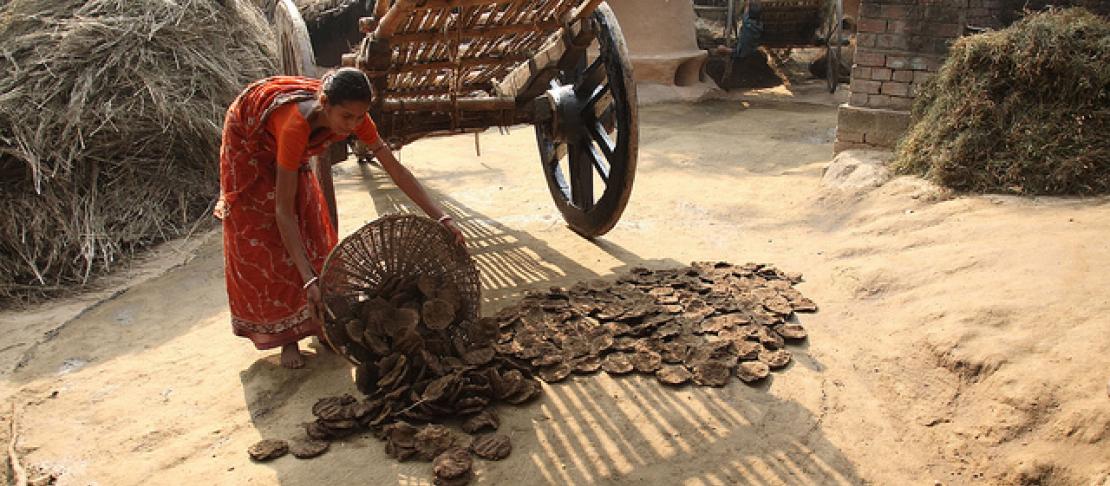Global study shows way forward for improving manure management policies and practices

Sound manure management practices enhance food security by improving use of nutrients for soil fertilization, while also producing energy and reducing greenhouse gas emissions. A new global report on provides information, analysis, and recommendations.
Integrated manure management strategies aim to maximize nutrient and energy value and minimize emissions along the entire dung and urine chain: including collection, housing and storage, anaerobic digestion, treatment, transport, and application.
The Livestock and Manure Management Component of the Climate and Clean Air Coalition to Reduce Short-Lived Climate Pollutants (CCAC) and the International Livestock Research Insititue (ILRI) are partnering with research leaders in the field to fill the knowledge gap about manure management at a global scale.
As part of this partnership, Wageningen University and Research Centre recently published results from a global assessment of livestock manure policies in 34 countries in Africa, Asia and Latin America, followed by an in-depth assessment of manure management practices in six countries. The report improves insight on manure management at farm level, makes suggestions to reduce barriers to adoption of integrated manure management practices, and contributes to increased understanding of existing policies, institutional and incentive frameworks.
Read the full story about the report on the ILRI website or read the report.
Julianna White is the Program Manger for CCAFS low emissions agriculture research.
The original story was written by Dorine Odongo, Communications and Knowledge Management Specialist for the Livestock Sytems and Environment Programme at ILRI.



